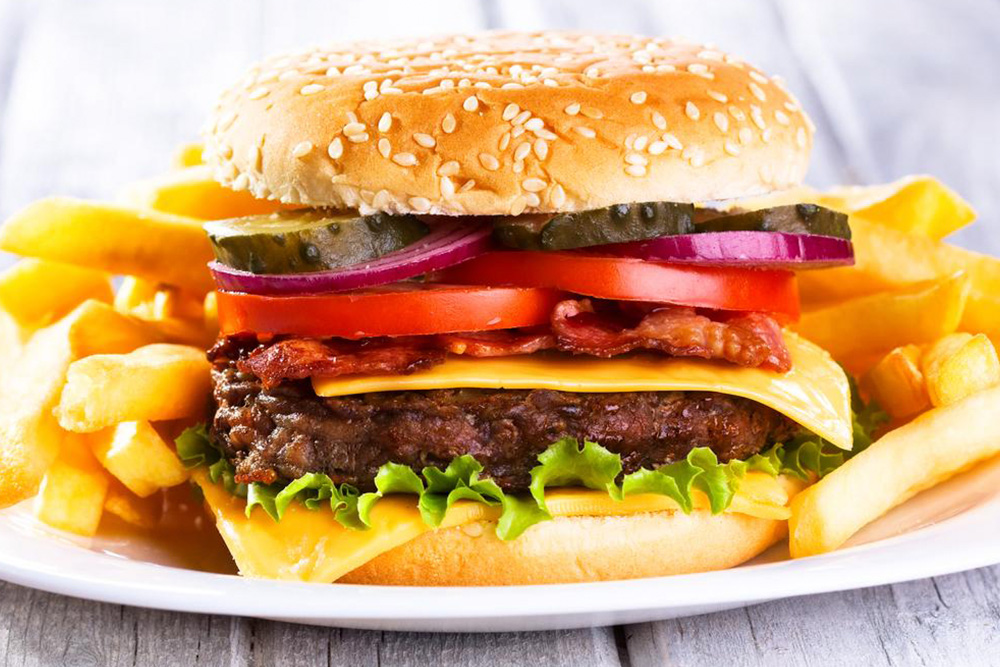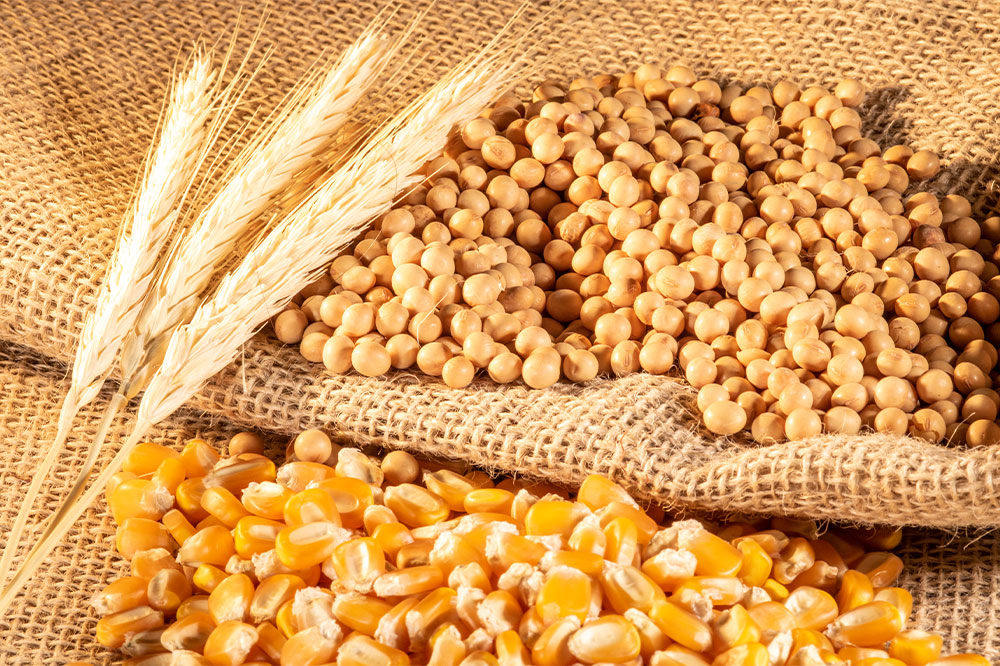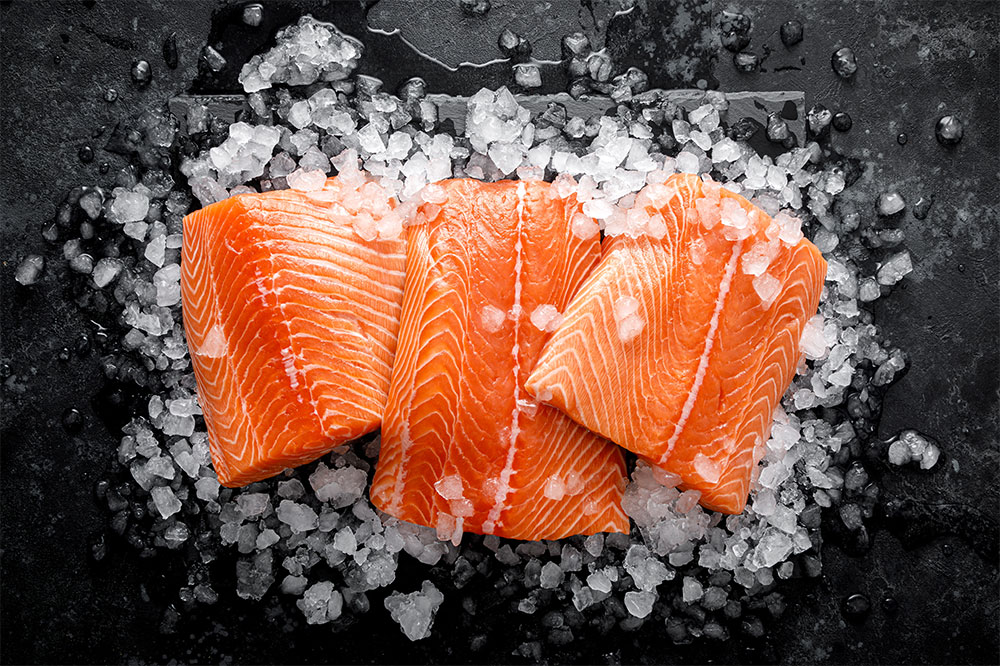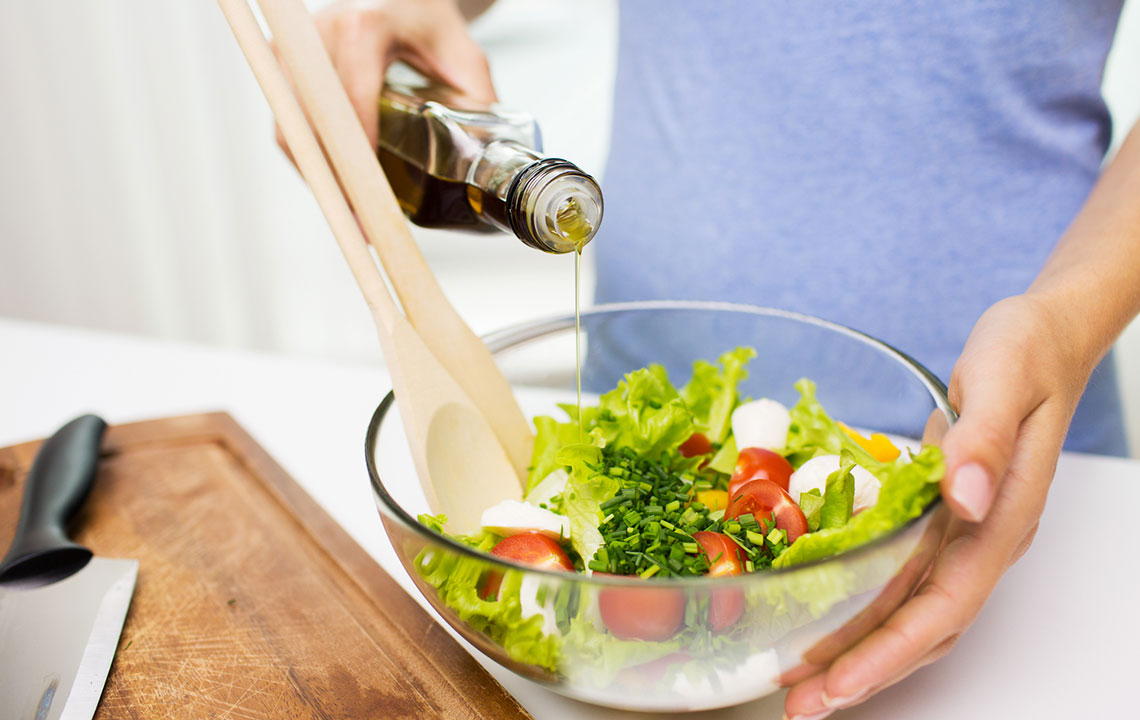Foods to avoid with rheumatoid arthritis
There is no single diet plan that will help one effectively treat or manage rheumatoid arthritis, its flare ups, or the inflammation and pain that is constantly present in the body. The best course of treatment to manage the inflammation and pain is medication. Diet plays a major role in managing this condition. And when it comes to watching what to eat, one needs to be aware of what foods work as well as what triggers rheumatoid arthritis and has to be avoided.

Red meat and dairy
These are the sources of food which contain saturated fats that result in fat tissue inflammations. Skip the foods like full-fat dairy products, grain-based desserts, red meat, and any form of pasta.
Foods with omega-6 fatty acides
One needs to add more omega-3 fatty acids that would boost the immune system rather than omega-6 fatty acid oils to their diet. Corn, safflower, sunflower, vegetable, or soy oils contain omega-6 fatty acids that cause both inflammation and weight gain.
Fast, fried, and processed foods
These sources of food contain loads of trans fat, which are triggers rheumatoid arthritis symptoms, especially inflammation. They also deter the body’s function by increasing the bad cholesterol (LDL) levels.
Excessive salt intake
It is a well-known fact that salt tends to worsen blood pressure. This is even worse when one has been diagnosed with rheumatoid arthritis and takes medication as the body’s rate of retention of salt increases. Thus, it is advisable to keep the salt intake below 1500 mg per day.
Sugar
Sugar is one of the main culprits in rheumatoid arthritis as it makes the body release cytokines chemicals, which end up causing inflammation. Any form of foods that contain forms of sugar such as sucrose or fructose have to be avoided for rheumatoid arthritis.
Apart from these foods to avoid, it is important to note that rheumatoid arthritis medication and alcohol do no go well. Use of anti-inflammatory medicines while consuming alcohol can lead to ulcers or stomach bleeding, and in worse cases, liver damage.




